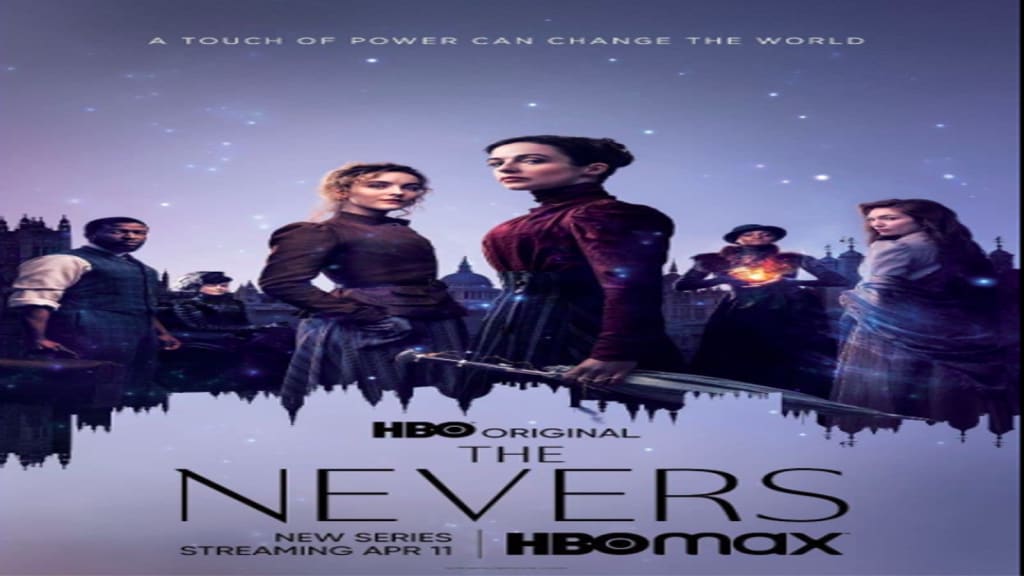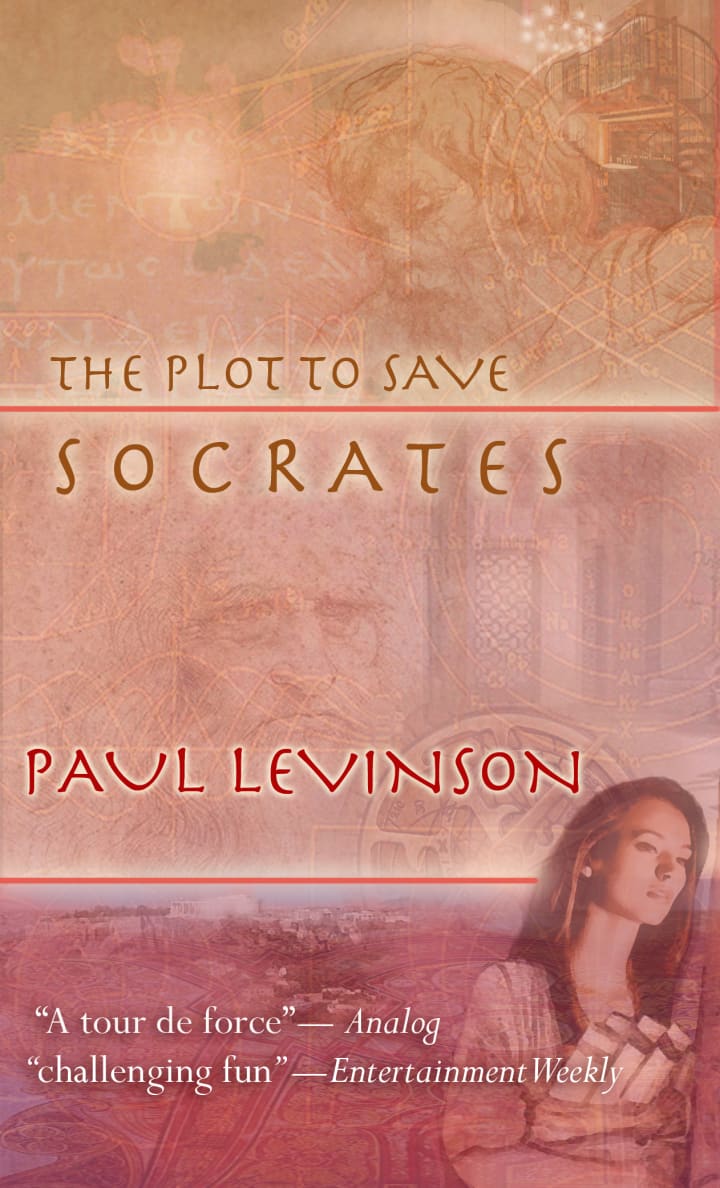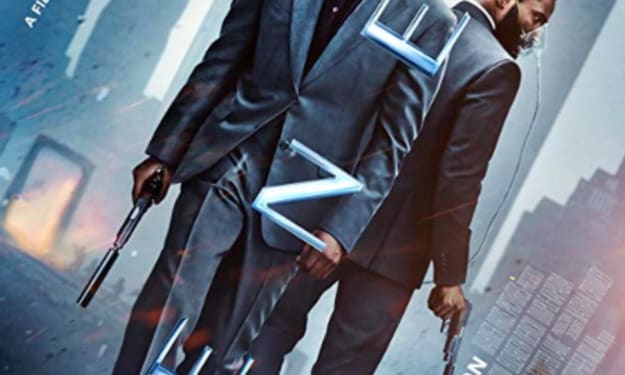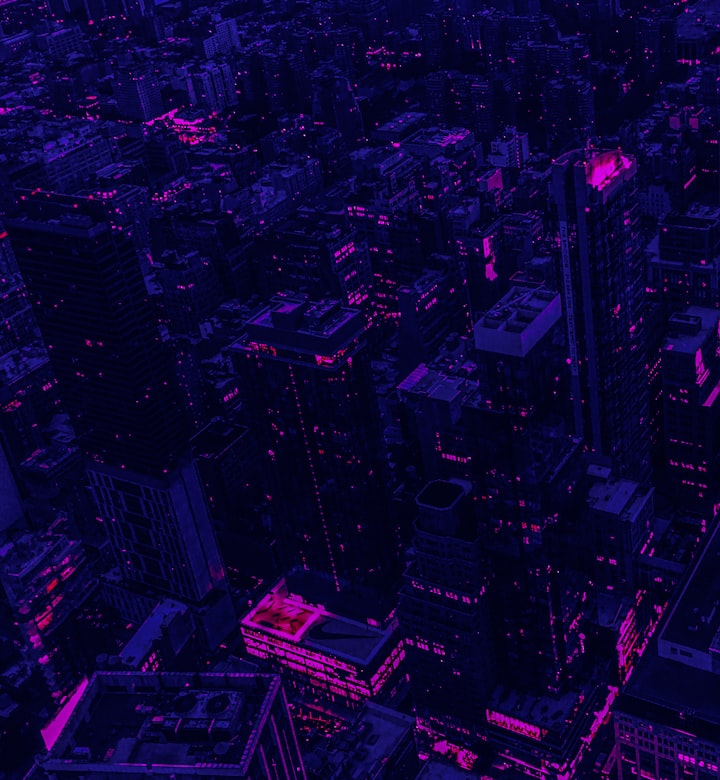Review of The Nevers, Part I
Episodes 1-6

The Nevers 1.1: Never Say Never
I wasn't going to watch The Nevers. I'd pretty much given up on superpowers on television after Heroes. On the other hand, how can you resist late 1890s London, the prime of Victorian times, the birth of The Time Machine, on the cusp of the 20th century? I couldn't, and I'm glad of it.
Or as Lord Massen says, halfway at this point between villain and defender of tradition, this is a time which hosts "the first generation accustomed to the impossible". He's right about that, but not about upholding English wording such as "the employed" over the French "employees". As Amalia True (Laura Donnelly aka Jenny Fraser of Outlander) aptly instructs Massen, the French has the advantage of easily describing a single employee or multiple employees. That's clearly true, as is True being a clearly good an intriguing character, not only because of her linguistic skills but her ability to see slightly into the future. Like I said, those late 1890s were a time of time travel, and The Nevers looks like it might mine that and many other wonders.
Some of these are already embodied in marvelous contraptions like a sleek, cool, late Victorian automobile which makes an appearance at the beginning and a gossamer flying machine which can bring back the dead or at very least the drowned which makes an appearance at the end, which come to think of it is consistent with reversing death, and promises lots of life in this series set to run on HBO in two six-episode segments.
The scenery is fetching, the accents delightful, and the acting is top notch. It was especially good to see Ann Skelly (from Red Rock!) as Penance Adair with the power to see electrical patterns, and Ben Chaplin (from Press) as Detective Frank Mundi. It's hard to beat those superpowers, but those late 19th-century detectives, on both sides of the Atlantic, had an impressive gruffness all their own.
So never say never. I'll be sticking with The Nevers.
The Nevers 1.2: Song and Gun
Here's what I liked most and least in the excellent episode 1.2 of The Nevers on HBO.
What I liked most: The focus on the power or "turn" of Mary, who is a singer whose voice can bring together all who are touched. I really liked this, because, if you think about, music in our untouched world has its own power to bring people together, in concerts, protests, all kinds of spiritual gatherings, which should soon be resuming as we get vaccinated and beyond this Covid age. Music is a magic that is available on both sides of the television. I also think Eleanor Tomlinson is just right in the role of Mary -- she was perfect as Demelza in the reboot of Poldark.
What I liked least: Amalia shooting herself, as a strategy, and accidentally hitting a "vital" organ. There are all kinds of things wrong with that. First of all, I think shooting yourself anywhere is a dangerous strategy. But it makes no sense that Amalia, even in that very hectic situation, would accidentally shoot herself in a vital organ. Dr. Cousens helpfully informs everyone, including us, that Amalia will have a full recovery. But we still don't know what vital organ was hit, and whether there will be some residual consequences, despite what Cousins said.
Anyway, most of the other interludes and developments moved the narrative along in helpful ways. We now know more of the implacable villainy of Lord Massen. I'm looking forward to the irrepressible Hugo standing up to him even more. Augustus walking away from Penance was disappointing and I'd say crazy, but we'll see them back together.
The Nevers 1.3: Mary's Melody
A really powerful, touching, terribly beautiful and instructive episode 1.3 of The Nevers on HBO.
I was thinking, as Mary was singing in the park tonight, her voice amplified by some kind of Edison-like loudspeaker with possibly some dollop of superpower worked in, that if only the Touched can hear Mary sing, and we in the audience, on the other side of the screen, can hear her, than maybe The Nevers is telling us that all of us are touched in some way, too.
It was a lovely thought, until bullets tore it apart. And there's a trenchant lesson in there for us, too. In tonight's episode, the monster with the eaten-away and maybe also electronic head is easily disposed of. And Amalia, after a pretty fierce battle in the water with the big bald chain-wielding guy manages to put him of out his homicidal misery, too. But not so the horrible bullets that end Mary and her song.
Isn't that a lot like our own 21st-century real time, when bullets are daily doing so much horrendous damage, fired both by police and civilians with hate in their hearts, and we seem to be unable to stop it? Mundi is able to stop this assassin, but there will be more, just like there are in our own world.
Dr. Cousens has incredible healing powers, which we saw again tonight, but he can't bring back the dead, at least as far as know. That's a line which no one who has crossed can come back from, not here or in the special, wondrous Victorian world in the which The Nevers takes place.
But we still have Mary's song, and I like to believe that, where there's song, there's hope, and maybe in our world as well as theirs.
The Nevers 1.4: Who Needs to be Found?
So, who was Mary singing about? Who needs to be found in the darkness, as the translation of Mary's last song, her interrupted song, calls out for at the end of episode 1.4?
I'll hazard a guess and say it's Maladie. There's goodness buried inside her depravity or darkness, and that's what Mary was singing out about needing to be found. But that raises another crucial question.
Are the "Turns" inherently good, unless something happens to their possessors to turn the Turns into vehicles of evil? This notion of superpower, which is basically good, unless and until perverted, is fundamental to science fantasy. In effect, the Force in Star Wars, which is futuristic outer space science fantasy, is an example of a single Turn used in multiple ways that span good to evil.
And, actually, the deepest most incorrigible evils in The Nevers seem to reside in the Turnless, soulless humans who want to stamp out those who have Turns. Indeed, the only really good Turnless human I can think of is Mundi, and I'm suspecting he may have some kind of hidden Turn, too, that perhaps he is unaware of. Ok, I guess Hugo is good and Turnless, too, but so far he's been a largely inconsequential character, whose main job is (non-magical) charm and comic relief.
To get back to the initial question, the other possible person Mary that could have singing of, waiting to be found in the darkness, could be someone who is blind. I can't think of any major character off-hand who fits that bill, but Maladie did leave a message, "Look not to Heaven Lest You blind God."
The Nevers 1.5: "Mindful of the Roses"
All kinds of good lines in The Nevers 1.5, but my favorite was Maladie's "mindful of the roses". Maybe because it reminded me of that great, haunting song by the Jaynetts (from the Bronx!) from a few months before the Beatles in America, Sally Go 'Round the Roses. That song not only transcends time, but has lyrics as recondite as the storyline of The Nevers.
Back to that, I'm against capital punishment, so I was very glad to see Maladie outwit the rope. I'd have felt the same way even if Maladie deserved it, but I don't think she does. At the same time, I would have been happy without anyone dying, but, then again, that would have been a different show. Detective Mundi figured it out. He's the smartest (presumably) untouched human.
The other significant element in this episode is the "galanthee" or however it's spelled. It sounds like galant but it's more than that, and I'm not even sure that it's galant. But it may explain the Touched -- how they came to be, why they're in London, who knows. That would be very welcome and a very big deal.
Amalia wanted to focus on the "galanthee" and not rescue Maladie. That might have been wise but certainly not galant. Did Amalia know that Maladie had made the switch? Probably not. But you never know with these usually galant women. I was glad to see that a majority of them joined Penance not Amalia on whether to rescue Maladie. That was galant indeed.
Next week will be the final episode of Part I of this series. That's a big deal, too, since Joss Whedon won't be back for the second part, which apparently hasn't even started filming yet. That was due to the pandemic -- Whedon's leaving -- which, in a sense, looms over this series, even though it takes place in late Victorian times. There are two World Wars, and two pandemics ahead of that Victorian time. Would have been good had the Touched been real, and somehow been able to stop some of that future.
The Nevers 1.6: Sporific Terrific
Well, I really enjoyed The Nevers 1.6, and only regret that I won't be able to see episode 1.7 any time soon, because 1.6 was the finale of the first part of the first season, and who knows when the second half will be here.
And not to be too clever about it, but isn't that not knowing what's up -- or down, and in between, for that matter -- the essence of what The Nevers has been before tonight, and what tonight's episode was supposed to answer, which it didn't -- certainly not completely -- but did at least a little?
Yes. So let's see. The Galanthi are an alien species in the future -- possibly one being with many facets, but more likely just an alien species -- and they come to Earth and endow some humans via spores with the magical powers we've been seeing in the first five episodes. I especially like the spores as the vectors of superpower because a review of The Nevers I saw somewhere said that the series was "soporific" -- as in putting you to sleep -- and I didn't agree with that at all, and spores as the vehicle are a good way of answering that sophomoric "soporific" critique. (Hey, have some tea or coffee if The Nevers is putting you to sleep.)
So how far in the future is this? Hard to say, but the fighting had a World War I plus high-tech feel to it -- the war that ended the Victorian/Edwardian age -- and that age is where the action up until tonight had been taking place. We meet Molly who is really Amalia (not Amelia) somewhere around there, and also someone who I think is Maladie, who I think is still somehow on the side of the good despite the apparent evidence to the contrary.
My favorite scene in that amorphous future (stretching back to the "present" Victorian age) which is really prologue to the five episodes is how Amalia comes to meet Dr. Cousens. They're a good couple. The doc takes good care of both her body and soul. What remains to be seen in the real future of this first season -- that is, the episodes to come, not the future as prologue -- is what will happen now to our band of the Touched?
Joss Whedon, as you know, alas, left the series. So we may never know what he intended to do with The Nevers, or might have come up with whatever his intentions on the day that he left. But I'll be back when the new episodes hit, and will let you know what I think. In the meantime, my compliments to Joss Whedon for succeeding with the difficult combination of Victorian super powers and aliens in the future.

About the Creator
Paul Levinson
Novels The Silk Code & The Plot To Save Socrates; LPs Twice Upon A Rhyme & Welcome Up; nonfiction The Soft Edge & Digital McLuhan, translated into 15 languages. Best-known short story: The Chronology Protection Case; Prof, Fordham Univ.






Comments
There are no comments for this story
Be the first to respond and start the conversation.